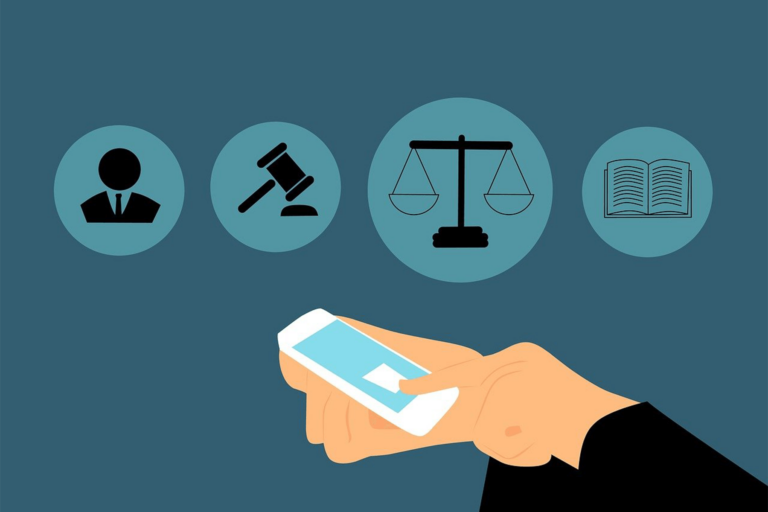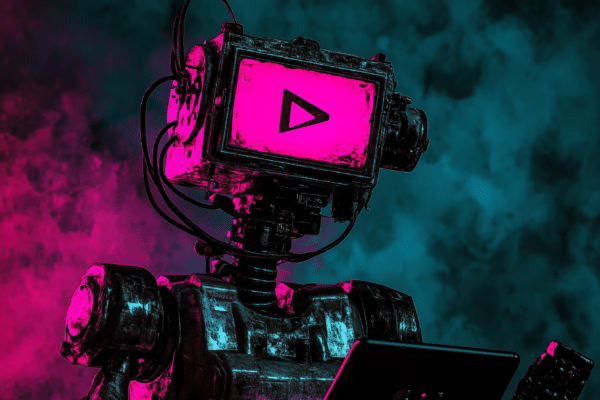The integration of Artificial Intelligence (AI) in Education is transforming pedagogical methods and challenging traditional approaches, which is why a myriad of questions are being asked about how trainers should prepare.
With the advent of generative AI tools such as ChatGPT, teachers need to adapt to a technological shift that has the challenge of using AI in complex doctrines with the consequent doubt about how and how much to deepen students' learning.
In skills-based courses such as legal writing and research, there is a fear that over-reliance on AI may hinder the development of critical thinking and analytical skills needed for legal practice, plus trainers will need the methods of this technology to prepare and correct exams.
Faculty in legal education
Despite the challenges, there is widespread consensus among law faculty that AI tools should be incorporated into the education system. A US survey of law professors revealed a strong interest in integrating these technologies into their courses, as well as a need for guidance and resources to develop effective AI-integrated exercises.
The professors surveyed recognize the importance of preparing students for a technologically advanced legal marketplace and emphasize the need to maintain a balance between the use of technology and lawyering so as not to overshadow the teaching of fundamental legal principles and critical thinking skills.
To address these challenges, the article recommends that legal educators begin with a low-intensity integration of AI tools. For example, it can be used for initial research and writing exercises, with students but then forcing them to critically analyze and refine the AI-generated results.
No doubt, these tools will help improve some tedious processes but the study makes a call also for teacher training that focuses on AI “literacy.” Improving their understanding of the capabilities and limitations of AI will ensure that these tools do not replace traditional learning methods, but complement them.
The simple path is that as legal educators navigate this transition, the focus should be on improving AI literacy, adapting teaching methods, and redesigning assessments to ensure that students are not only proficient in the use of AI but also retain critical traditional and profession-defining analytical skills.






